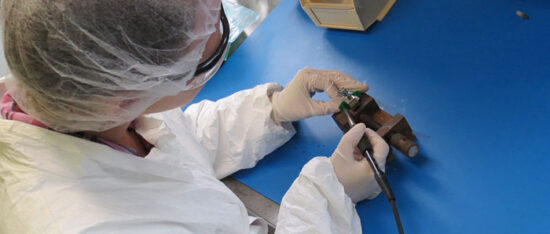MOST POPULAR WHITE PAPERS
ALL WHITE PAPERS

Guide to Urethane Casting
In product development, versatility is the key to innovation and efficiency. When creating complex prototypes and low to medium-volume production parts, urethane casting is one method that stands out. This ... Read More
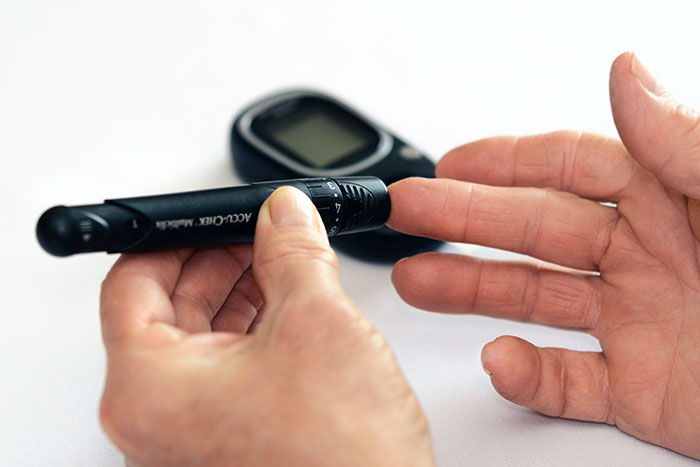
Medical Device Design and Development Guide
Regardless of what type of medical device you develop, the FDA requires you to follow a regulated process. Each step of the medical device design process lays the foundation for ... Read More

How to Make a Prototype – A Prototype Guide
Table of Contents After settling on a winning concept, prototype development is the next step in product development. In this phase, you will transform your drawings and CAD models into physical ... Read More

Concept Development Guide – How to Develop Concepts
Concept development is the part of the product development process where you will generate, evaluate, and refine your abstract ideas, turning them into a well-defined, practical, and actionable product design ... Read More
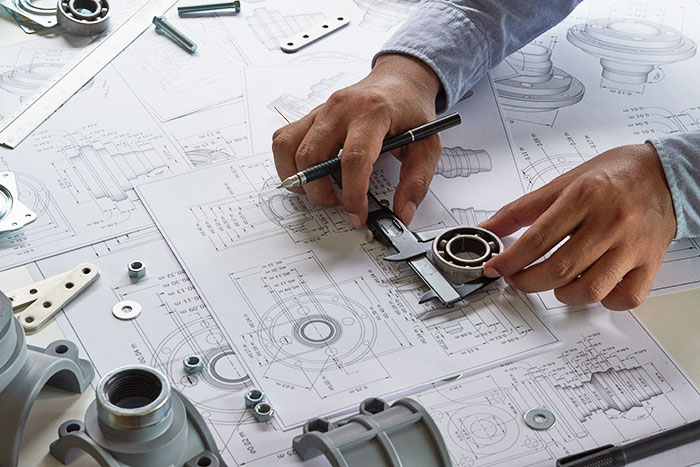
All About Design for Manufacturing (DFM)
DFM stands for Design for Manufacturing or Design for Manufacturability and is also sometimes referred to as DFMA, where the A represents Assembly. This manufacturing process occurs during the product ... Read More
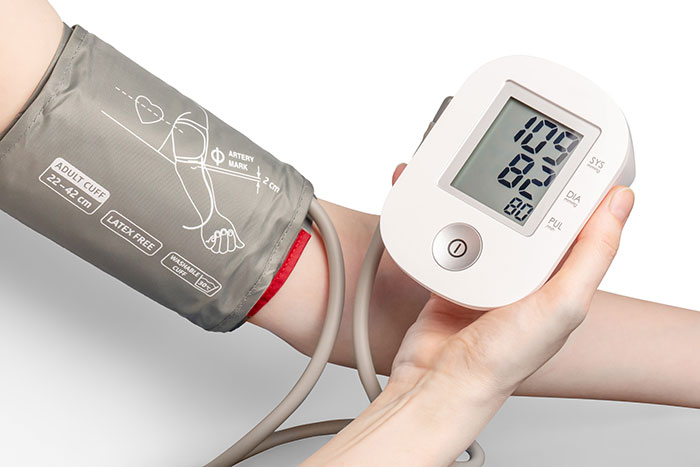
6 Things to Know About Human Factors Engineering of Medical Devices
Human factors engineering is a complex and multi-disciplinary area of risk management. It involves knowledge integration from various scientific fields, including psychology and engineering. The FDA plays a key role ... Read More
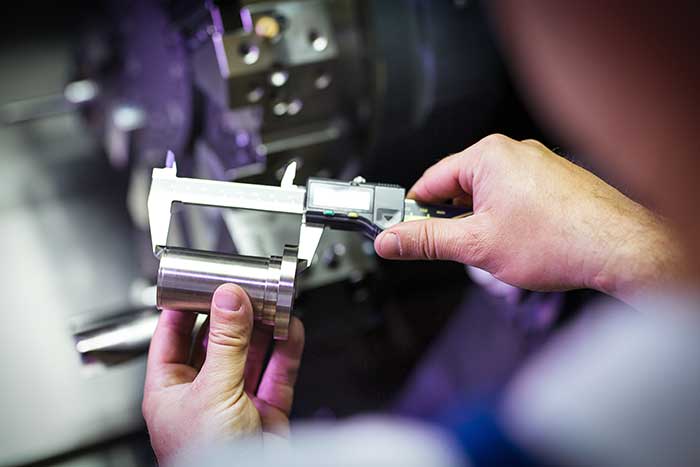
Verification vs. Validation of Medical Devices
Verification and validation are design controls required by the FDA to ensure the medical devices you manufacture are safe, effective, and fit the intended use. Often, they happen in combination, ... Read More
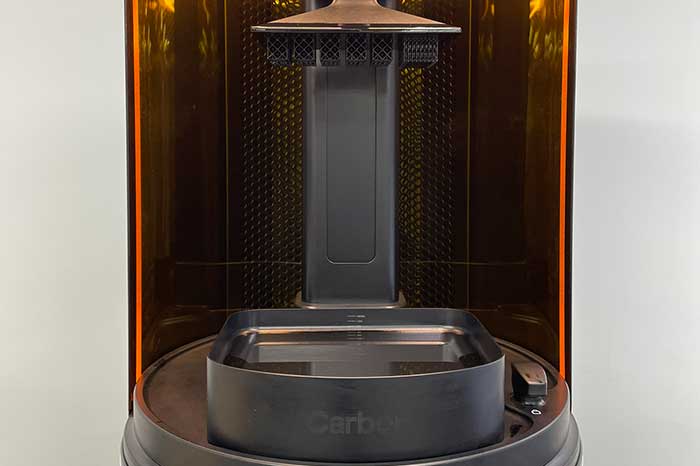
Case Study: How to Reduce Prototype Cost with 3D Printing
The challenge The medical device market is historically fueled by innovation. The robotic surgical space is an area with a lot of device development and has many players competing at ... Read More




